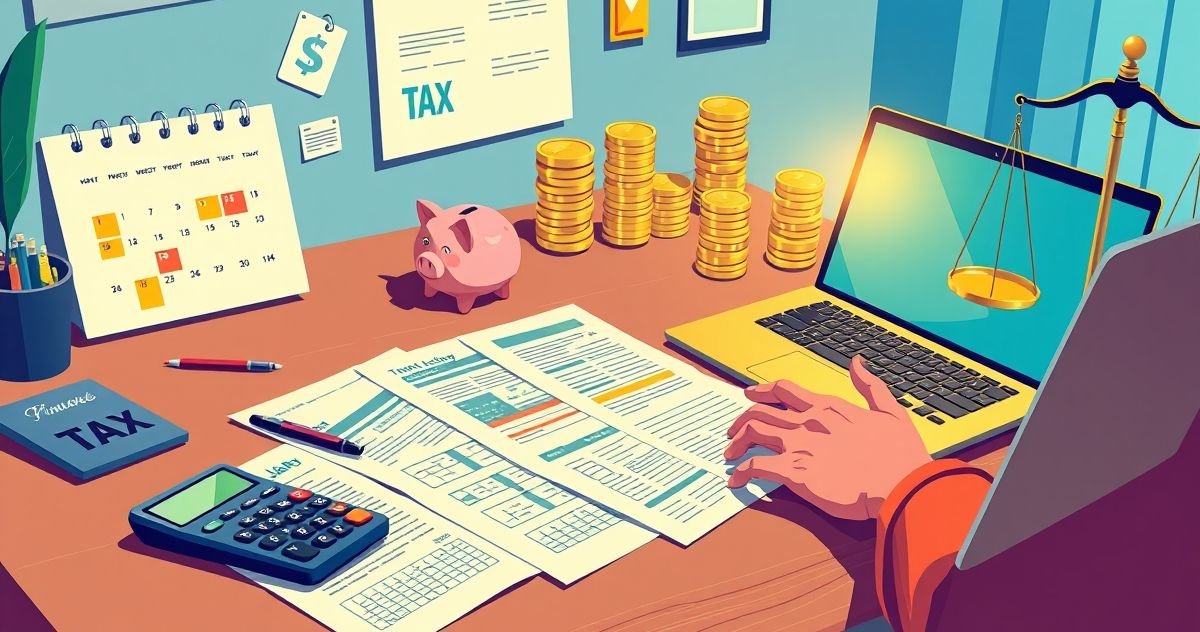Understanding Payment Compliance in Taxation
Payment Compliance refers to adhering to established tax payment rules and regulations. It encompasses timely and accurate submission of due payments to tax authorities. This concept is integral in ensuring the smooth operation of financial systems, fairness in tax burdens, and government funding through effective tax collection.
The Primary Purpose of Payment Compliance
The primary purpose of Payment Compliance is to guarantee that taxpayers—individuals or entities—fulfill their legal obligations concerning tax payments. This compliance ensures government services continue uninterrupted, reflecting taxpayer contributions. Payment Compliance also maintains equity, making sure everyone pays their fair share according to their financial capabilities and legal responsibilities.
Key Features of Payment Compliance
1. Accuracy: Ensuring all payments are calculated correctly based on income, deductions, credits, and other relevant financial activities.
2. Timeliness: Payments must be made by designated due dates to prevent interest or penalties.
3. Documentation: Maintaining comprehensive records that support payment amounts and schedules.
Compliance Requirements
Taxpayers must adhere to specific filing and payment requirements, varying by jurisdiction. These include filing accurate tax returns, making payments on quarterly or annual schedules, and keeping thorough financial documentation. For businesses, the complexity increases with requirements to withhold employment taxes and file additional reports.
Penalties and Consequences for Non-Compliance
Failure to adhere to Payment Compliance requirements can lead to severe repercussions. Common penalties include:
– Fines: Financial penalties are assessed based on the incompliance’s severity and duration.
– Interest: Unpaid tax liabilities accrue interest, increasing total amounts owed.
– Enforced Collections: Tax authorities might initiate actions such as garnishing wages or placing liens on property.
Importance of Payment Compliance
Payment Compliance is critical in sustaining fiscal responsibility and stability. For taxpayers, maintaining compliance mitigates risks of legal actions and financial detriments. Moreover, it aids in building trust in government systems, which rely on tax revenue to fund essential services like infrastructure, education, and health care.
Overall, Payment Compliance plays a fundamental role in both private financial health and public resource management, facilitating a fair and equitable economic environment.

